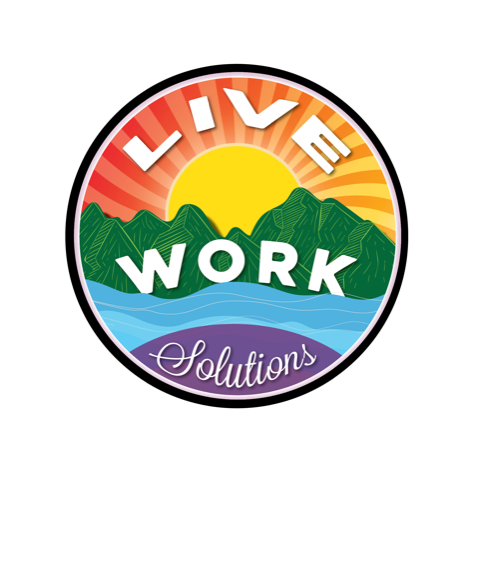Journaling helps us to clear our minds in order to focus on what’s ahead of us. Think of your mind as an Etch-a-Sketch and as journaling as your hands shaking off the past, in order to be awake in the present.
Etch-A-Sketch Journaling
Breathe & Journal: Easy, Effective Meditation Moments
Meditation doesn’t have to be something formal, with rules and rights and wrongs. Give yourself the gift of the present, but just taking time to reside fully in the present. Giving yourself an opportunity to bring your attention to Now, helps energize and ground you. This is a great place to start a Journaling session. Ground yourself with these few deep breaths and this body awareness and answer the following,
Good News about S.A.D
Mortified: Share, Cringe, Laugh, Heal
Mortified is a worldwide storytelling event where adults tell stories about their lives by sharing their most mortifying childhood artifacts (diaries, letters, lyrics, poems, home movies)… in front of total strangers.
This past November 5th, I had the extreme honor of being chosen to bare my soul in pubescent prose in a room full of friends and stranger - though, after the raw reveal of reading my childhood diary pages, the supportive strangers truly felt like friends I just hadn’t met yet.
Three ways to improve your mental health right now
Life is hard enough, why do we have to be so hard on ourselves? If we’re generally pretty good at being kind to, and having compassionate for, others, what’s the deal with that mean inner monologue?
Scientists believe that one reason is due to our “negativity bias”, wherein we evolved to be constantly scanning our environment for danger, training us to orient to what is, or potentially will, go wrong. Retraining something at integral as evolutionary hardwiring is not easy.
To that end, it’s helpful to have a bunch of self-healing tools at the ready. Here are three tools that may come in handy.
Journaling T.I.P. for mindfulness & self-compassion
Netflix Therapy
How to Navigate Family Disagreements on COVID-19 Risk - From AdventHealth
You’ve been doing your part to keep your family safe by quarantining at home, washing your hands and cleaning household surfaces regularly. Most of your loved ones have been careful to practice social distancing and wear a mask in public settings.
But what about that relative who doesn’t practice the same level of care? If you’re stressed about their refusal to take the dangers of coronavirus seriously, those feelings are warranted. Differences in understanding the risk of COVID-19 have been straining family relationships since the pandemic began.
With the holidays approaching, these arguments might escalate if you don’t address them ahead of time. Here are 10 steps you can take to navigate family interactions when you disagree on the risk of catching or spreading COVID-19:









